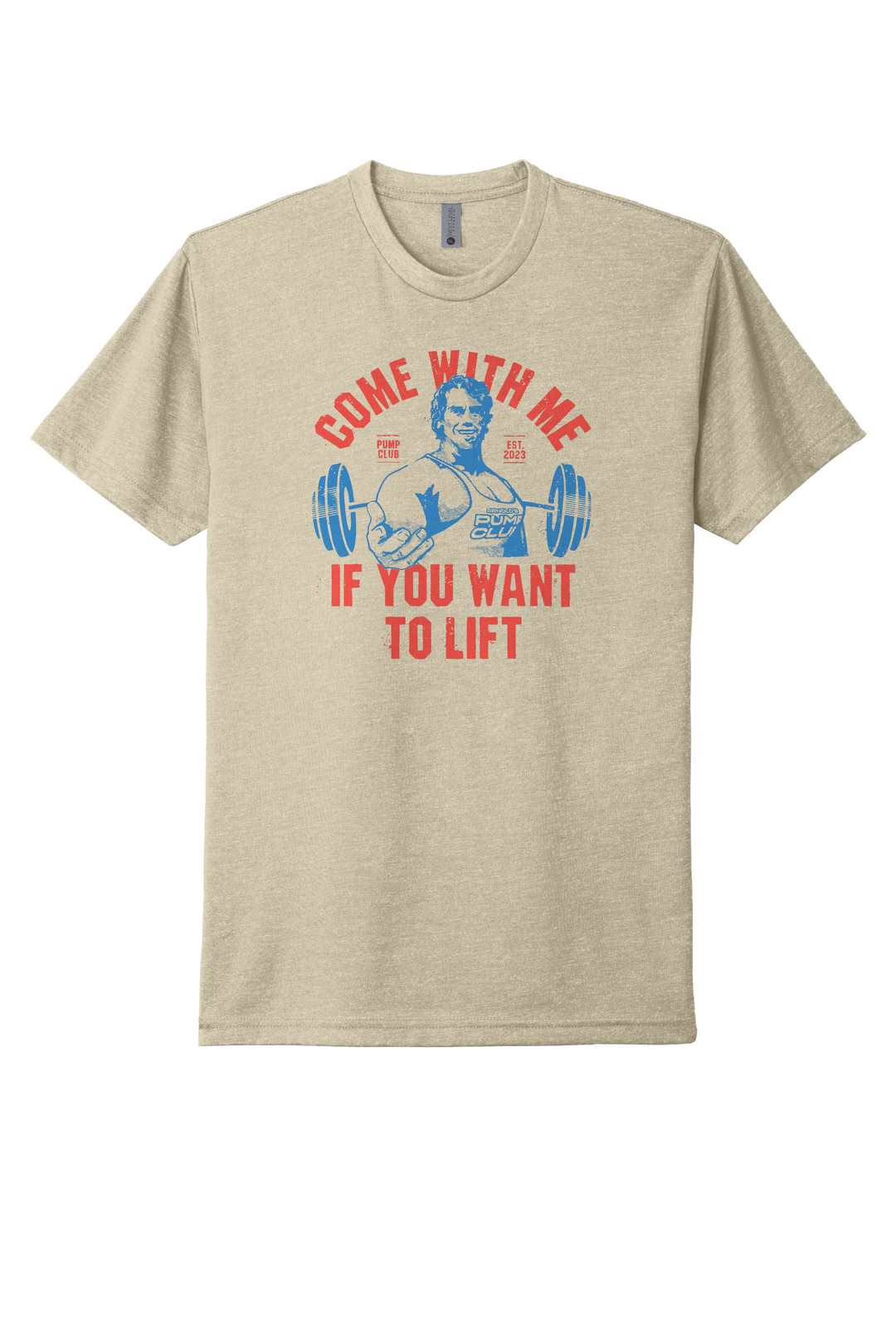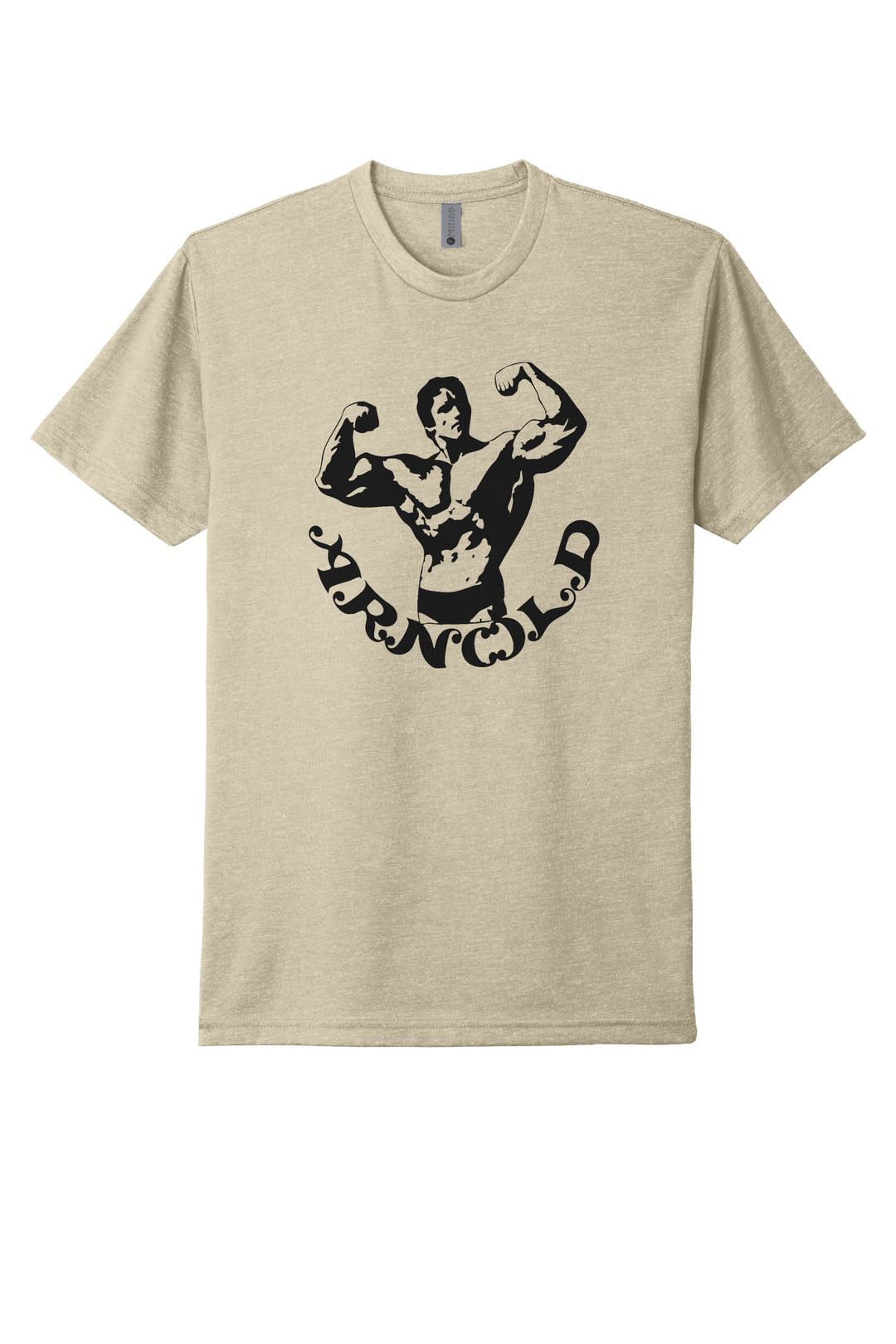Welcome to the positive corner of the internet. Here’s a daily digest designed to make you healthier in less than 5 minutes. If you were forwarded this message, you can get the free daily email here.
Today’s Health Upgrade
Behind-the-scenes
Creatine works, but not for this
Do hard foods make dieting easy?
The step minimum is less than you think
Arnold’s Podcast
Motivation every day. Want Arnold to help you start your day? Each morning, we post a new podcast with tips you’ll find in the daily email and bonus stories, wisdom, and motivation from Arnold. Listen to Arnold's Pump Club podcast. It's like the daily newsletter but with additional narration and thoughts from Arnold. You can subscribe on Apple, Spotify, Google, or wherever you listen to podcasts.
Behind-The-Scenes
I get so many questions on social media about whether I read my audiobook for Be Useful. These people clearly missed my newsletter about what a struggle it was! Here is a teaser for all of you.
But wait, there’s more…
I appeared on Jimmy Kimmel to discuss Be Useful. We talked about a little bit of everything. You can watch the segment here.
Maybe Creatine Can’t Do It All
Over the past year, we’ve shared the seemingly endless benefits of creatine, from helping with strength and muscle to improving brain health. But there might be one thing it doesn’t do.
A recent review found that creatine does not help boost endurance.
The scientists reviewed 13 studies focusing on creatine use and some type of endurance performance, ranging from V02 max to time trials. And they found that the creatine didn’t do much to increase aerobic capacity. But it didn’t have a negative impact either.
In other words, if you enjoy running and cardio, creatine likely won’t negatively impact you, but it’s not doing much to make you better, either. And when you consider all of the additional health benefits, from lean muscle to cognitive health, it’s hard to argue against creatine. However, if you are an endurance athlete, it’s possible that using the supplement wouldn’t be worth your time.
If you’re worried about safety, despite the myths of the early 90s, creatine is safe to use. It is produced naturally in your body and doesn’t damage your kidneys. In fact, in one study, a mega-dose of creatine (30 grams per day) taken over five years was found to have no harmful effects on health.
Hard (Food) Choices, Easy (Diet) Life
What if we told you there was a simple way to help you eat up to 900 fewer calories per day without cutting out an entire food group like carbs?
Research suggests a surprising variable might influence how much you eat and your ability to control your appetite.
Scientists found that food texture — the hardness or softness of a food — significantly influences how much you eat in a meal.
The study investigated the link between food texture, processing, and daily energy intake. It turns out that when processed foods are easier to chew, you’re more likely to consume more of them.
The scientists compared four different types of food: hard unprocessed, hard ultra-processed, soft unprocessed, and soft ultra-processed. Each meal's calories were equal (meaning all four groups had the same calorie content), but participants were allowed to eat as much (or as little) as they wanted based on their hunger and fullness.
The ultra-processed soft food options led to the most overeating, followed by unprocessed soft, unprocessed hard foods, and then (somewhat surprisingly) ultra-processed hard foods.
As we’ve discussed, prior studies show that people overeat ultra-processed foods. This research doesn’t change that reality. But, many foods fit into the “ultra-processed umbrella.”
So, while you want to limit the ultra-processed food you consume, the texture also contributes to how much you eat. People who ate soft, ultra-processed foods consumed an average of 900 more calories than those with hard, ultra-processed foods.
Eating harder foods helps you eat less, eat slower, spend more time chewing, and take smaller bites. While these variables are not what you think about when you eat, they have repeatedly been shown to help people consume fewer calories and feel fuller.
2K, Every Day
We all know exercise is good for us, but how much must we do to reap the benefits?
Research suggests you can improve your mortality and help prevent cardiovascular disease with less than 3,000 steps per day.
If you’ve been reading this newsletter, you know we’re big fans of walking because the science shows it has many benefits. And it’s a great entry point for anyone trying to add movement. We’ve already debunked the 10,000-step rule and shared that anywhere from 7,000 to 9,000 steps per day appears to offer the most upside for supporting a longer lifespan. But this new study suggests that you can start seeing benefits at low levels of movement.
The researchers reviewed the step counts of more than 110,000 people across 12 studies. They found that you could improve your mortality with as few as 2,600 steps per day and see cardiovascular health benefits — such as fewer heart attacks and strokes — with as little as 2,800 steps per day. Both outcomes continued to improve up to about 9,000 steps (for mortality) and 7,200 steps (for cardiovascular health), which supports prior findings.
So, what does all this mean for you? It means you can control your health by simply moving more. Start small, and you’ll win big. And as the movement gets easier, every 1,000 steps you add — up to about 9,00 steps per day — will unlock more health benefits.
—
Publisher: Arnold Schwarzenegger
Editors-in-chief: Adam Bornstein and Daniel Ketchell
























































